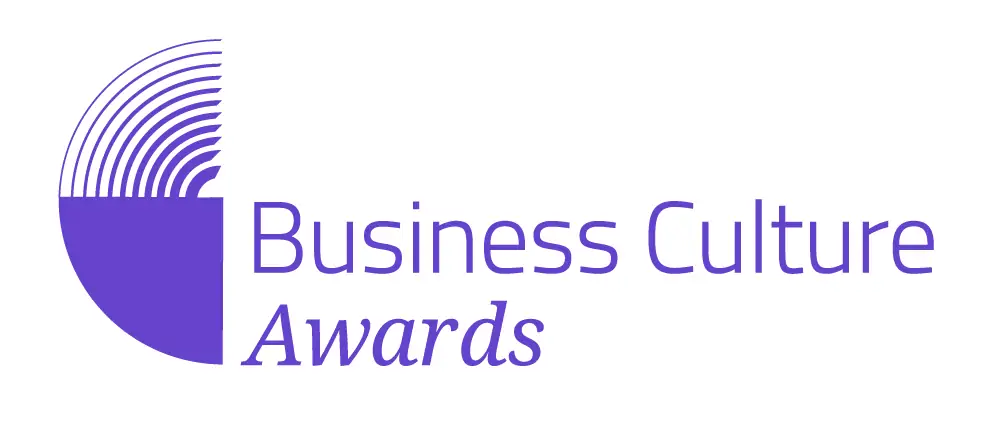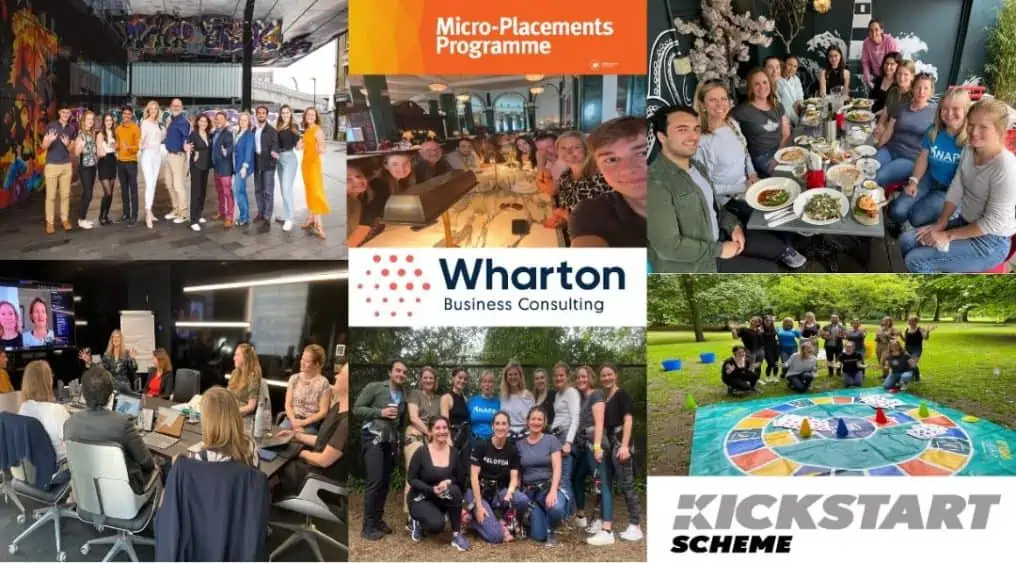Driving diversity and social value through talent
Background
At Wharton Business Consulting flexibility and talent go hand in hand and a cornerstone of WBC’s approach is that happy teams deliver the best results for clients. Flexible working practices are a ‘point of difference’ and this has enabled the team to grow at a fast pace and hire from a superb pool of talent that would otherwise have been unable to return to work. This is especially true of employees that are parents and/or caring for loved ones at home. The business is led by a female co-founder, who also happens to be a single mother, raising her son while growing the business. As with many businesses, the pandemic has had a huge impact, requiring dedication and bravery from the leadership team to turn things around.
Passionate about creating a sustainable future for the planet for generations to come, WBC had made a series of social commitments related to supporting the environment, young people and the organisations they partner with. Their strategy to ‘drive diversity and social value through talent’ was born through the commitment to drive social value across a number of areas. They have made a holistic commitment to our FUTURE PLANET for the team to get behind, with 3 core components:
- focusing on environmental impact
- enabling young people from all walks of life to fulfil their potential (the focus of this case study)
- collaborating with organisations to solve some of their most complex people problems
Approach
Building on past successes in driving equality, WBC started to search for talent amongst pools of young people, including those from more deprived backgrounds, or with less social mobility. Activity was implemented very quickly, over 6 months to mid 2022. First, they hired 2 key resources – an Operations Director and a HR Manager to focus on talent and recruitment and to bring this work to life. They then engaged the full team with supporting them by rolling out a new management support programme. This included the introduction of a line manager, navigator and buddy support package for all young talent. Each new young hire is given direct access to all WBC employees at least weekly in the first 12 months of their employment, through regular team meetings, huddles and ‘lunch n’ learns’. The target was to hire at least 6 young people (under 25 years old) into the team within a 12 month period. Post-pandemic WBC were operating a lean model of around 8 permanent employees (with an average age of around 48-50 years old) so this focus on young people was a commitment to a significant swing in age profile.
They joined the Government Kickstart programme (Kickstart Scheme at www.gov.uk); a government supported initiative that provides a platform for young people aged 18-24 on universal credit to get into, or back into, work. They also engaged with a micro-placements programme (Micro-Placements Programme, City, University of London) which offers work experience to students coming from diverse backgrounds who would find it difficult to gain hands-on work experience otherwise. Participants work on projects designed to give them the necessary skills to drive their careers forward. As well as focusing on the younger generation, Wharton is now focussing on opening up opportunities for more senior professionals that due to their age and experience may find it harder to find work following unemployment.
Outcome
It shows immense bravery to not only focus on strategies that enable a business to survive and grow but to also focus energies on the greater good and to take risks in doing so but by making brave choices the business has grown faster. Through this work, WBC has found multiple, effective routes to hire new talent from diverse pools. Three government kickstart graduates, two micro- placement students and one professional permanent graduate were hired. Permanent roles have been offered to two of the three kickstart employees and a summer intern contract has been extended to a permanent part-time role. Three previous summer interns also re-joined the business in Summer 2022, all of whom are under the age of 25.
The micro-placement students gained helpful insight into how careers can progress and have had the chance to build their business network. Three young people on Universal Credit have had the chance to gain an insight into the world of consulting as Kickstarters. They were involved from Day 1 on key client and internal projects, with exposure to the C-Suite, which is unusual for consultants at a junior level. This has accelerated their stakeholder management and communication skills and helped them to experience the ‘coal-face’ of consulting; feeling the everyday pressures of client deadlines and feedback.
The work has had a huge impact on business results, with a three-fold increase in turnover in the course of a year. It has resulted in a dramatic shift in team culture and dynamics; with new energy injected into life at WBC. There is a more energetic, questioning and challenging culture, which makes everyone in the team operate more effectively. This has been commented on not just by the internal team but also by clients. The company’s talent profile has been transformed. WBC’s male: female ratio is now 26:74 and there has been a 50% swing in the team’s cultural diversity profile.
New hires commented: “Wharton is a really supportive and engaging environment to develop as a talent, as you have career opportunities to learn from real experts”. “Wharton is providing us with resources and opportunities that we would not have had the chance to experience in bigger consultancies”. “At Wharton I had exposure to different aspects of consulting, so now I can decide what is suitable to me, something that I would not have been able to do in another organisation”.
Read Wharton Business Consulting’s Winning Business Culture Leadership case study here.

